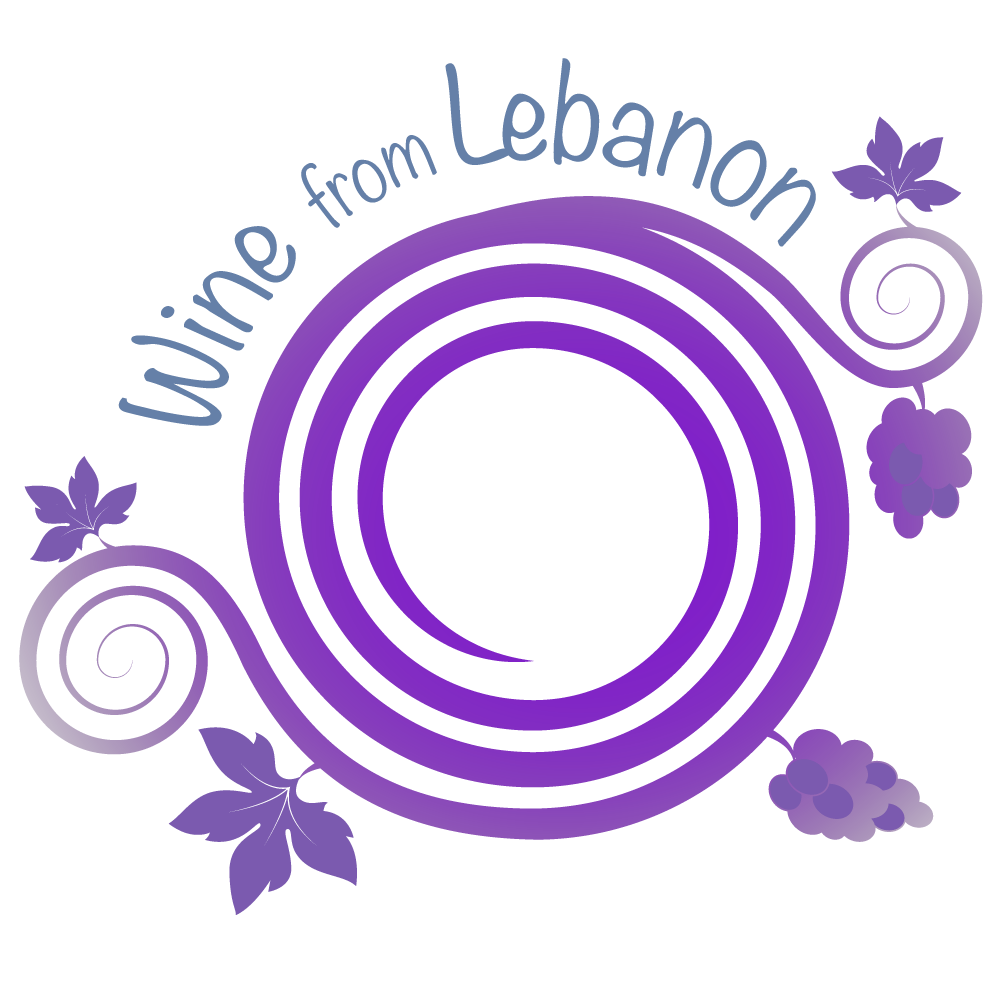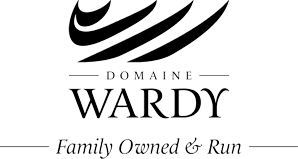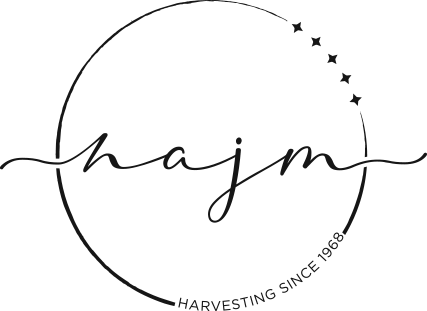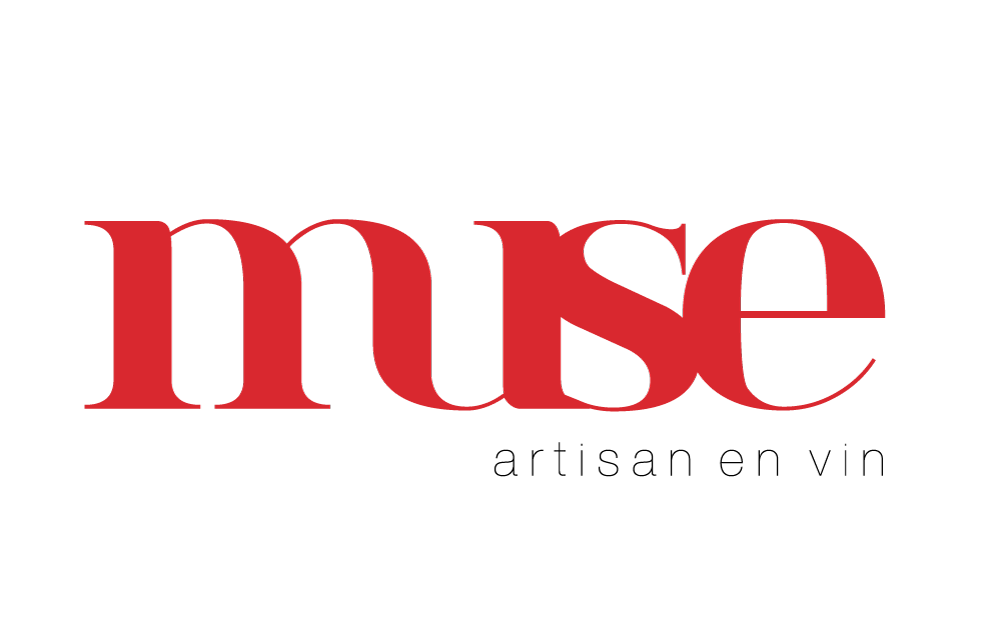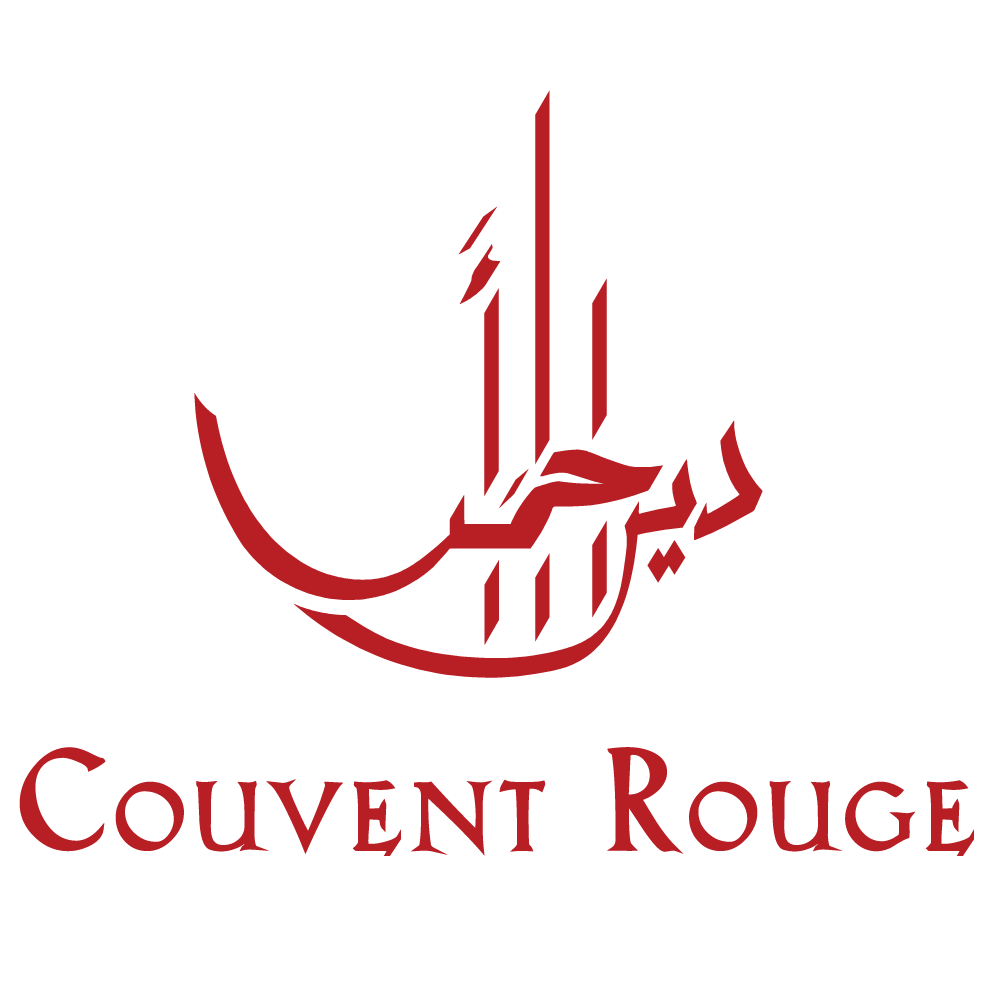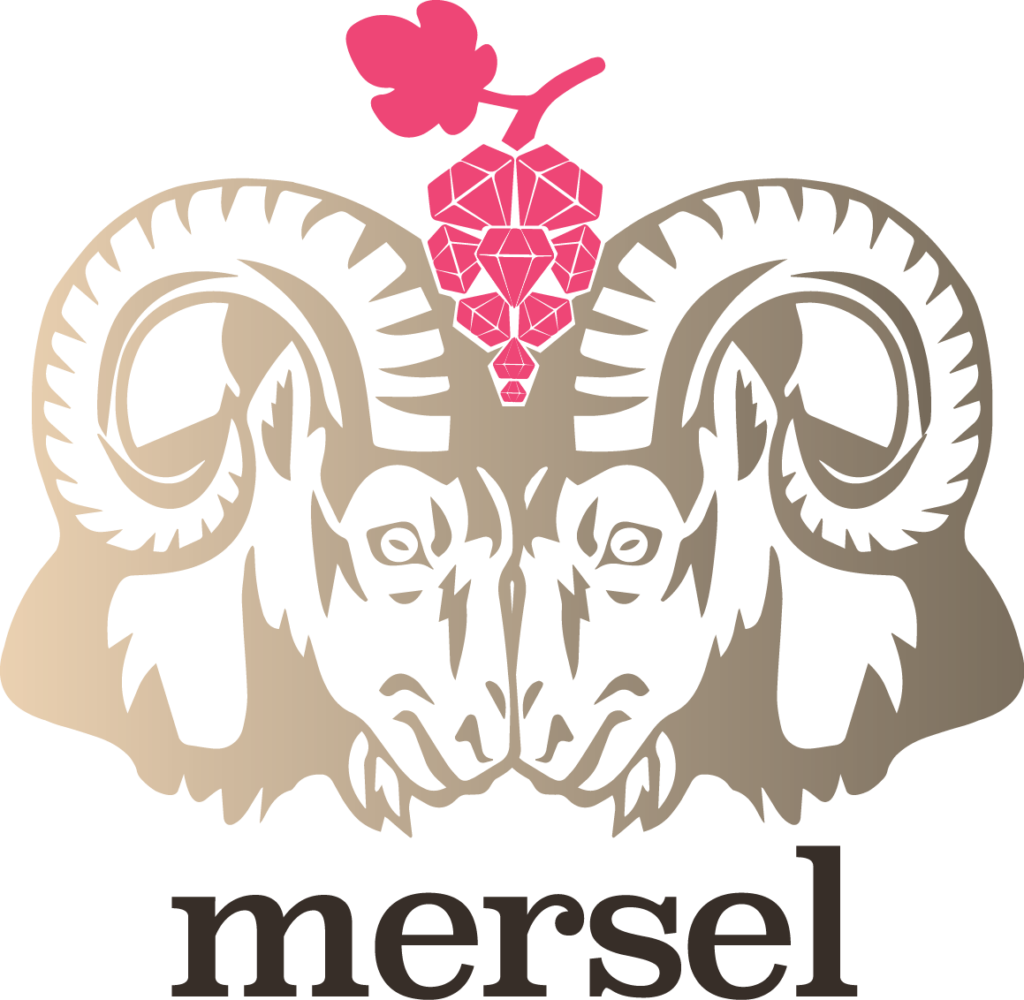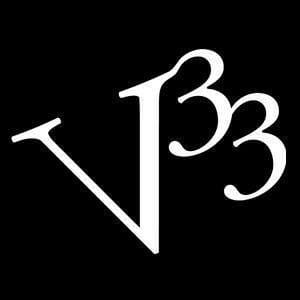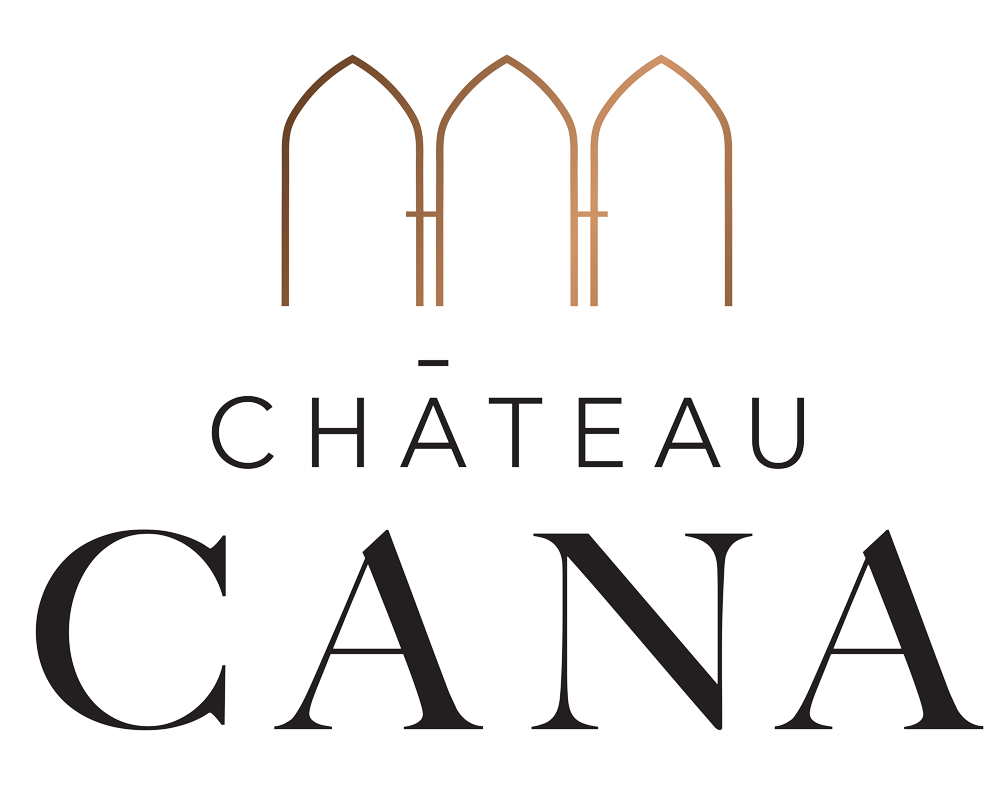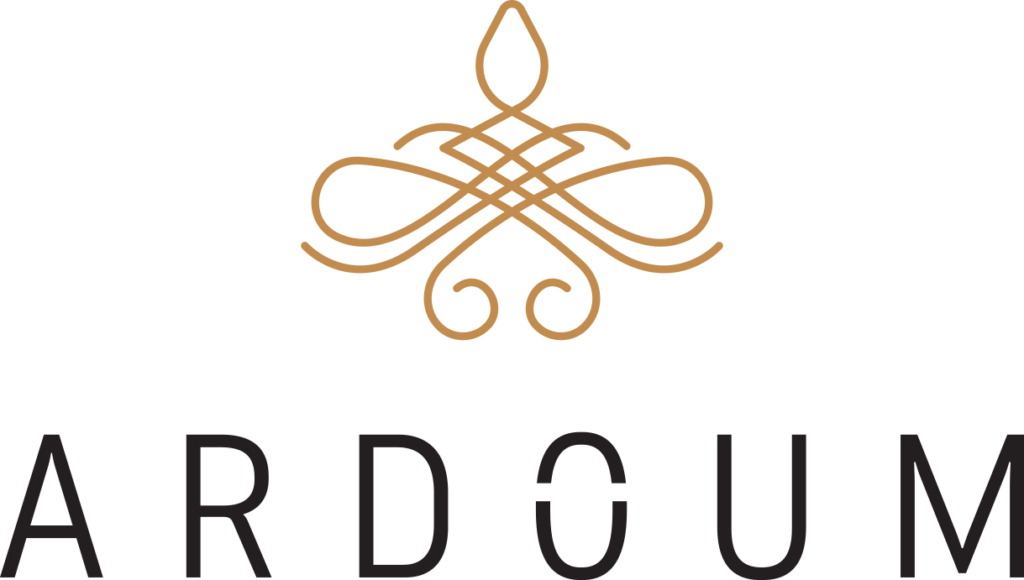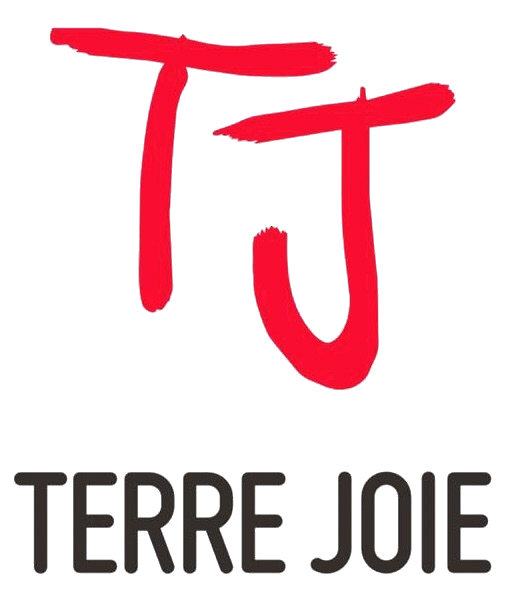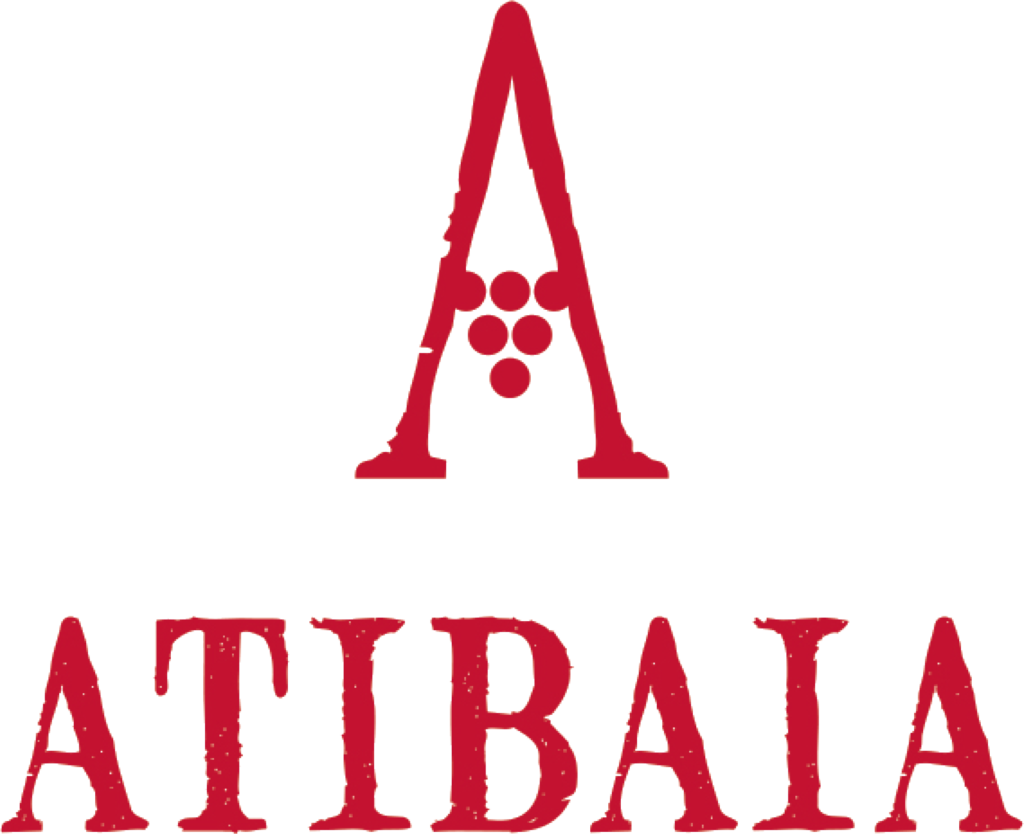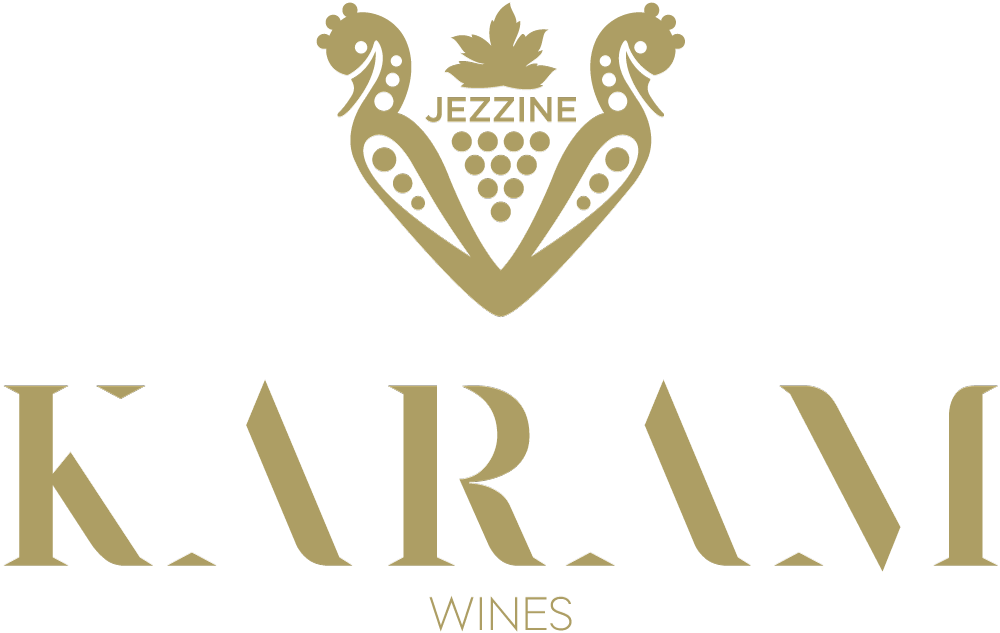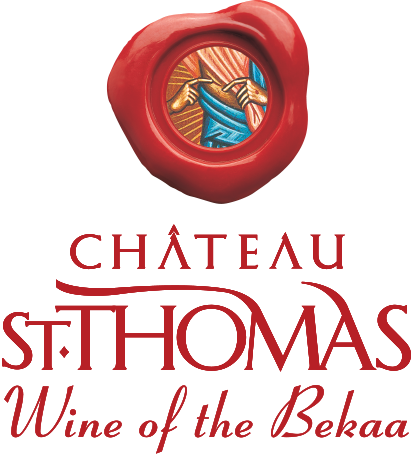Meet the Winemakers
Discover the creativity and tradition that is
behind the Wines from Lebanon.
Domaine Wardy
Domaine Wardy is a family owned and run winery in Zahle with roots reaching back to 1881. The vineyards were nurtured by a young widow Wardy (Rose) Mousalem and today is run by the fourth generation of family. In 2018 the family refreshed the look of their wine labels, renovated the winery, and planted new organic vineyards at high altitude on the slopes of the Bekaa Valley. The labels embrace their heritage using the intricately patterned mosaics of Lebanon to indicate the origin of the wine. The exuberant colors of each label indicate the aromatic profile of each wine. There is also a wood texture to indicate whether a wine has been oaked or not. Currently, Domaine Wardy makes four categories of wines: the single-varietals; the unoaked blends, Beqaa Valley Red, White, & Rose; the oaked blends Chateau les Cedres, Perle de Chateau; and the limited editions, Private Selection Red & White. The family also produces two araks and a vodka.
Domaine S.NAJM
In Northern Lebanon, just 600m above Batroun, lies the road into Chabtine. Follow this path past the many shrines, and its natural end you will find vineyards and the 200-year-old olive trees of Domaine S.NAJM. It is here that our story begins.
Domaine S.NAJM is the creation of Hiba and Salim NAJM, a couple whose family has been producing Extra-virgin olive oil and arak for decades. In the early nineties of the last century, it seemed a natural progression to add red wine to the S.NAJM dinner table.
Combining Salim’s experience as an agricultural engineer with Hiba’s expertise as an oenologist, the family set out to create a thoughtful blend of Mourvedre, Cabernet Sauvignon and Grenache that perfectly captures the exciting terroir of an area that is home to Lebanon’s boutique wine Industry.
Nowadays, the family is getting larger by introducing White Wine and Rose Wine to complete the S.NAJM dinner table.
Muse du Liban
Established in 2015, Muse du Liban Winery draws its grapes from vineyards in Aynata. Internationally renowned French winemaker and consultant Michel Rolland created five Lebanese wines to delight the palate. The winery’s portfolio includes a Rebellious Rose; Wanton White; Rousing Red; Elegantly Royal; and Muse L”Oracle Syrah.
Couvent Rouge
In Deir el Ahmar, a small village in the Northern Bekka Valley, “Coteaux d’Heliopolis” a cooperative farming project was founded in 1999. The enterprise encouraged farmers to plant grapes versus cannabis to create a sustainable economic environment. The cooperative was a success and today supports more than 250 farmers. Two enterprising growers, Charbel El Fakhri and his partner Walid Hobchy founded Couvent Rouge Winery in 2010. Using organic and Fairtrade certified grapes from their vineyards and the co-op they have created a range of wines. These includer an accessible “Petit Couvent” consisting of a red, white, and rose; and the “Couvent Rouge” wines which have more weight and structure; and the limited production Racines line. They created the first Lebanese sparkling wine, petulant natural which they have crowned LebNat. Their Couvent Rouge received a Silver Medal at the 2019 San Francisco International Wine Competition, and the Racine white was selected as one of the best Mediterranean wines by Wine and Spirits magazine. Located near the winery in the village of Balbeek is the Temple of Bacchus, one of the largest and best preserved Roman temples in the world. One must pay homage to the god of wine after partaking in the delightful fruits at Couvent Rouge.
Mersel
Founded by three women, Mersel makes wines that are 100% organic, with no additives, fining, or filtering. Winemaker Eddie Chami and his team tend the vineyards in Bousit, the Wadi Qannoubine Region, and the Maksar Mersel Region. Chami, an Australian, formerly served as one of the winemakers at Couvent Rouge, where he helped to create the first Lebanese sparkling wine, Petillant Natural. He continues this tradition at Mersel creating a LebNat Pet Nat Gold and a LebNat Pet Nat Pink Rose. Other wines include a Phoenix Merwah; Dar Richi-Hanan, a red wine created by a Syrian refugee; Lebnani; and Piquette Sparkling Wine. The owners are not only committed to sustainable farming they support and buy grapes from local farmers, and are shepherding herds of Nubian ipex, a desert goat on their property, the symbol of Mersel Winery.
Vertical 33
Located far south at latitude 33, the wine making team at Vertical 33 is dedicated to enhancing the microclimate of Mount Lebanon. Delighted by the discovery of native obeidi grapes on the mountain, Dr. Eid Azar, encouraged his friends and colleagues to join him in a winemaking venture and Vertical 33 was launched in 2011. A new winery that features gravity flow fermentation was built in 2019 to aid in the minimal intervention the winemaking team makes to the grapes. Wines include a Cabernet Sauvignon; Pinot Noir; Rose; Cinsault Du Soir; Cinsault Brutal; and Obeidy. While in Beirut visit the Vertical 33 tasting room and enjoy wines paired with seasonal and local products.
Chateau Cana
Recently named to the World’s 2021 Best Vineyard list, Chateau Cana was founded by Dr. Fadi Gerges in the 1990s, and is now run by his daughter Joanna. Situated in the lush Lamartine Valley, the winery is a 30-minute drive from the capital city of Beirut. The vineyard is planted with 60% Cabernet Sauvignon, 30% Sabbaghieh, and 10% Chardonnay. The gravely soil, variable climatic conditions, and hilltop vineyards combine to produce grapes with an unforgettable taste profile. Harvest is done by hand with minimal intervention made to the grapes during fermentation. Select wines created by Chateau Cana include Les Cabires in red, blanc, and rose; Jardin Secret, created from 100% Sabbaghieh, a Lebanese grape; Pinot Noir; Le Chateau; Selection Speciale; and the traditional Lebanese spirit Arak Soukara. The architectural beauty of the winery includes welcoming indoor and outdoor spaces, and an intimate guesthouse perfect for a reflective weekend.
Ardoum Winery
Ardoum Winery is the vision of Joseph Khairallah, an accomplished wine and spirit maker. In 1990, he created arak, the national spirit of Lebanon, under the brand name Al Kasr. This name translates to “castle” which references the winery buildings located in the village of Mtein. Multiple trips to Boudreaux gave Khairallah insight into the richness of different grape varietals. Sourcing grapes from the fertile Bekaa Valley the winery produces fine (need specifics here – cabernet, cinsault, etc. etc? – stating red, wine, rose doesn’t cut it). In addition to their signature arak the team at Ardoum Winery creates other spirits including whiskey, vodka, and gin using local ingredients.
Ardoum Winery overlooks Kneish Mountain which is part of the Lebanon Mountain Trail, the country’s first long distance hiking trail. Guests can hike to the winery and relax in the garden, caves or cellars while they enjoy Ardoum wine, spirits, and food.
Terre Joie
Terre Joie was started by Joe Saade, a wine lover and former adman who had sold his agency network to create in Lebanon a wine that would generate ideas and pleasure, rather than just advertising ideas to help other people’s products. He took a residential course at UC Davis, then enrolled in the wine MSc program of OIV (Organisation Internationale du Vin).
The name Terre Joie, land of happiness in French, describes our view of our country, but it is primarily based on the initials of our son, who passed away in a diving accident in Seattle.
fLuR, the name of our top wine, used to be our son’s web handle. He wanted it to stand for “Freakin’ Lighthearted Unrepenting Rebel”.
Our terroir is probably unique in the worlds since our vineyard sits atop a tectonic rift formed by the joining of three plates, each coming from Europe, Asia or Africa. The weather and soil conditions in the Bekaa valley are ideal for organic viticulture, which we practice. We also have 300 days of sunshine and several weeks of snow every year.
The first wine produced in commercial quantity was the 2013 vintage. Two years later the 2015 fLuR was eventually awarded a rating of 92 by the UK International Wine Challenge and a 90 by Robert Parker. That was only the beginning…
Atibaia Winery
In the coastal city of Batroun, the Massoud family began to grow grapes and make wine in 2005. Set in a 17th century home in the mountainous village of Smar Jbeil, Atibaia Winery is located near the Castle of Smar Jbeil, a feudal stronghold built during the Crusader period (1095 – 1291AD). Considered one of the oldest villages in Lebanon, the family takes an artisanal approach to wine making maintaining small yields.
The Atibaia red blend received a rating of “90+” for three vintages by internationally renowned wine critic and writer Robert Parker. This blend of Syrah, Cabernet Sauvignon, and Petit Verdot can be enjoyed immediately or cellared for 10+ years. The Atibaia Winery white blend is 50% chardonnay and 50% viognier with a slightly oaky aroma and a long finish. The wineries rose is accompanied by limited edition single varietals including Malbec, Petit Verdot, and Syrah.
Cave Kouroum
The Bekaa valley has been known to be the primary centre for agricultural production and in particular the small village, Kefraya, standing on the Eastern Side of the Barouk Mountain. It’s in the village of Kefraya where Mr. Bassim RAHAL created his winery in 1998. Overlooking the valley with a majestic modern architecture, covering an area of 7500 m2, the ultra-modern winery has a capacity of 4 millions litres annually. Our wines include dry white, dry rose, a variety of dry reds and sweet wines. A blend of traditional methods and new techniques are used to achieve such harmony within the wines, bringing out their natural qualities to the fore. All are expertly combined to offer an exceptional wine to various consumer preferences from the unique Lebanese soil.
Karam Wines
In the late 50s in a small town in the South of Lebanon, a young boy would help his grandmother pick grapes to make Arak, the national drink of Lebanon, an aniseed-based Eau De Vie. He would gaze at the sky, watch aircraft pass by and dream about flying. The dream turned reality: “I flew for 43 years and never worked a day in my life. During my years of service, while flying over the Southern mountains of Lebanon, my passion for vineyards made me long to be amongst the vines. And so, Karam Wines was founded in 2002 in my beloved home town of Jezzine. We were the first to plant wine grapes in the South and are the only winery located in this region of Lebanon.
This passion was passed on to my children, John and Thouraya, who spent their summers as teenagers in the vineyards harvesting grapes. John’s first love was the vine; he is an agricultural engineer and an enologist from Université de Bordeaux. After those milestones, John worked under the tutelage of Château Angélus and is currently working with the prestigious Château Latour. We are proudly, and solely, a family business.” – Captain Habib Karam, Owner and Winemaker at Karam Wines
Mont d’Almaz
After living abroad for quite a while, the Saade’s returned to their native village nested in the northern mountains of Mount Lebanon. As wine lovers, they found that their family land had the best quality of soil, a perfect climate with dry summers and snowy winters. Essential requirements to produce a natural wine reflecting the mountain’s terroir.
The surrounding cedars, pine trees, roses, figs and red fruits enhance the unctuous aromas, profound color and taste of Mont D’Almaz.
Family owned and run, our micro winery reflects our family tradition in Lebanon and at the diaspora.
Mont d’Almaz Moutain Wines are produced in the pristine village of Beit Menzer located in Bcharreh region, North Lebanon at an altitude of 1260 meters. The historic cave “Sheer Al dalmaz” faces the Saade Vineyards in Qadisha Valley, a Unesco World Heritage.
Chateau St. Thomas
Established in 1990 by noted Arak distiller Saííd Touma, Chateau St. Thomas is helmed today by his son Joe-Assaad, agronomist and winemaker, and family members Nadia, Nathalie, Claudine, and Micheline.
In addition to cultivating the noble varietals, the winemaking team cultivates Lebanon’s local indigenous Obeidy grapes. Chateau St. Thomas is part of the “Wine Mosaic” project in Lebanon, Greece, and Turkey which is preserving and promoting rare grape varietals. To showcase Obeidy, Joe-Assaad has created Obeidy St. Thomas, a 100% Obeidy wine. Additionally, the team creates blends including Les Gourmets Blanc, Rosé, and Rouge. Other blends include Les Emirs and Chateau St. Thomas. Estate vineyard wines include Chardonnay St. Thomas, made from 25-year old vines; Pinot Noir St. Thomas is the first pinot noir wine in Lebanon; and Le Merlot, a 100% merlot made from 20-year old vines. A delightful and refreshing rose, Noor El Ain, is also available created from a blend of Carignan, Syrah, and Obeidy.
Located on the vineyard property is an intimate chapel dedicated to Saint Thomas. Celebrations including weddings, baptisms, St. Thomas Day, and other blessed events are observed there. And of course, toasts after feature award-winning Chateau St. Thomas wines.
Chateau Oumsiyat
Named to the list of one of World’s Best Vineyards in 2021 and 2020, Chateau Oumsiyat is currently under the leadership of fourth generation winemaker Joseph Bou Sleiman and his family. With its vineyards located in the fertile Bekka Valley, the wines produced from these grapes are refreshing but reveal concentrated fruit. Bou Sleiman focuses on growing a wide spectrum of grapes including native Lebanese varietals Obeidy, Merwah, and Meksassi. He aims to produce wines that are balanced, elegant, and share the essence of the terroir. Bou Sleiman has built an exquisite destination winery in the village of Mtein, that includes a restaurant and guest rooms.
